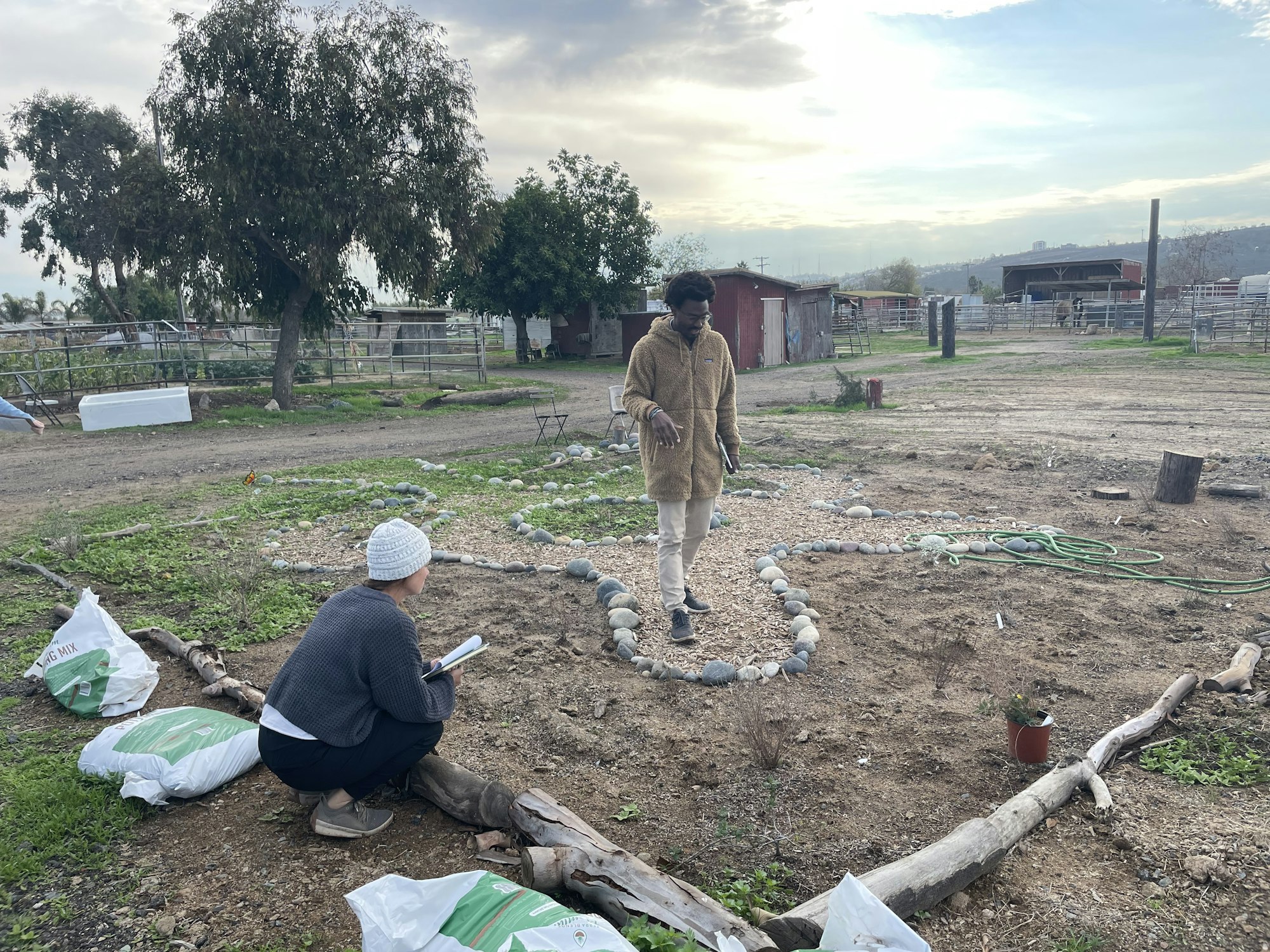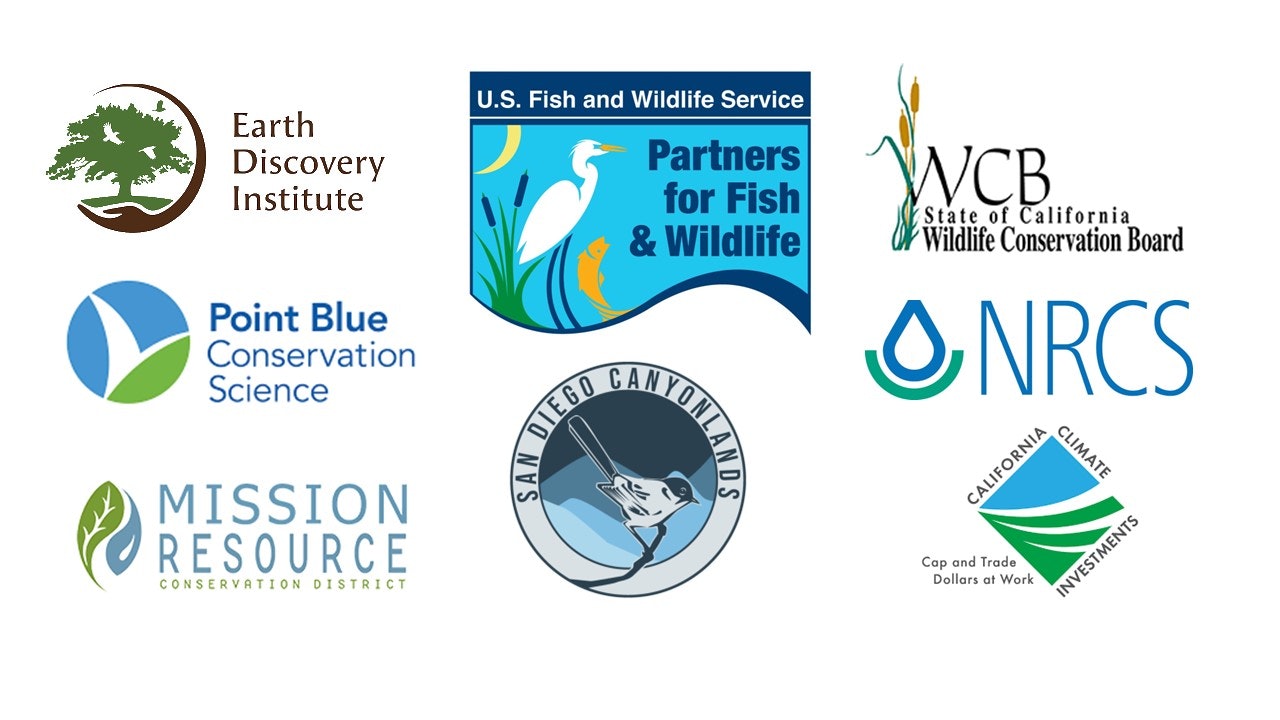Working Lands for Pollinators Program
The Working Lands for Pollinators Program is focused on improving habitat on farms, ranches and private lands. Habitat loss is one of the primary factors contributing to pollinator decline. Farms and ranches can serve as an intentional space to provide food, water and shelter for beneficial insects, while also benefiting from the services of pollination and pest-controlling insects. To learn more about the benefits of hosting pollinator habitat on your commercial farm or ranch, check out our Pollinator Habitat Restoration on Working Lands guide.
Our field team can come out and learn about spaces you are interested in or open to planting pollinator habitat. We then create a report for you including plant lists and project ideas based on your goals, and if a project aligns with any of our team's funding, we can cover the cost of implementation.
To sign up for a free site visit, please fill out this short form to tell us about your land and goals.
Questions? Reach out to our Ag Programs Coordinator, Elizabeth Garcia: elizabeth.garcia@rcdsandiego.org
Check out this local news piece on how we are helping a farmer in Escondido!






Many thanks to our partners and funders from:

